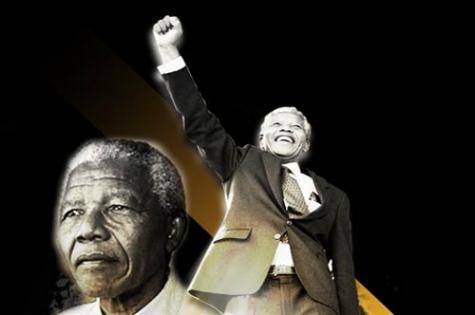
However, a few days later, the BBC would recant this story and apologize for misinforming and misleading the public. But it did not apologize for tarnishing the image of Nigeria in the international community and for scaring tourists away from us.

Few days ago, the otherwise very reputable British Broadcasting Corporation (which happens to be one of my favorite news sources), ran a report on its Swahili website claiming that a Nigerian restaurant had been shut down for selling human flesh as meat. According to the sensational story, the eatery is located somewhere in Awka, the capital city of Nigeria’s Anambra State, and it came under scrutiny after locals tipped-off the police about the heinous crime.
It went further to assert that the police then raided the said restaurant and stumbled upon some evidences: fresh human heads “which were still bleeding, with blood draining into plastic bags” and some firearms, including grenades.
However, a few days later, the BBC would recant this story and apologize for misinforming and misleading the public. But it did not apologize for tarnishing the image of Nigeria in the international community and for scaring tourists away from us.
Its apology published on the same Swahili website (and webpage) that broke the fiction read, “The story about the Nigerian restaurant which we published here was a mistake and we apologize. It was a mistake and published without the proper BBC checks. We have removed the story and have launched an urgent investigation into how this happened. The BBC Swahili service’s reputation for accuracy and balance remains of paramount importance to us and we are taking the appropriate steps to insure that mistakes like this do not happen again.” Sorry BBC Swahili, but I’ll take whatever you publish henceforth with a pinch of salt.
This now begs the question: Why was the BBC so quick to report this bad news when it knew full well that the basic ethics of journalism had not been adhered to?
Why does so much bad news about Africa emanate from foreign media outlets? Does it mean that we do not have success stories here?
This reminds me of Chimamanda Ngozi Adichie’s viral 2009 TEDGlobal talk, The Danger of a Single Story. In it, she recounted her initial encounter with her American roommate at an American university: “My American roommate was shocked by me. She asked where I had learned to speak English so well, and was confused when I said that Nigeria happened to have English as its official language… She assumed that I did not know how to use a stove. What struck me was this: She had felt sorry for me even before she saw me. Her default position toward me, as an African, was a kind of patronizing, well-meaning pity. My roommate had a single story about Africa: a single story of catastrophe.”
The truth is that if you only depend on what you see, hear and read about Africa in the news on foreign media sources, you will feel sorry for us. Like Ms. Adichie rightly pointed out 6 years ago, it’s a single story of catastrophe, and this news story about the Nigerian human flesh restaurant is a typical example.
It’s time for us to wake up, rise up, take the bull by the horns and change the narrative. Lots of good things happen in the continent that does not make it to the bulletins of the foreign media. They are simply ignored, because they won’t sell. Bad news is good business. It’s great for the editor! With the way they go about this, you would assume that the only things the outside world wants to hear about us are wars, famines, corruption and tragedy.
Yes, we know Africa is not perfect, but it’s not as bad as it’s been made to look. Many of us are poor, but not most of us. Africa has a lot of villages and impenetrable forests inhabited by lions and other wild animals, but it also has hundreds of big cities with skyscrapers, fast cars and 5-star hotels. We've had tyrants assume the mantle of leadership, but we've also produced renowned intellects and statesmen, the likes of Chinua Achebe and Nelson Mandela. Good things happen here too.
New, vibrant and committed African ambassadors must now take up the challenge to project the continent in a new light, through concerted advocacy and diplomatic action. The time has come for us to let the world see the other side of Africa that is not often portrayed by the foreign media.
Chinedu'm Nna'r is a writer-activist. He writes via [email protected]